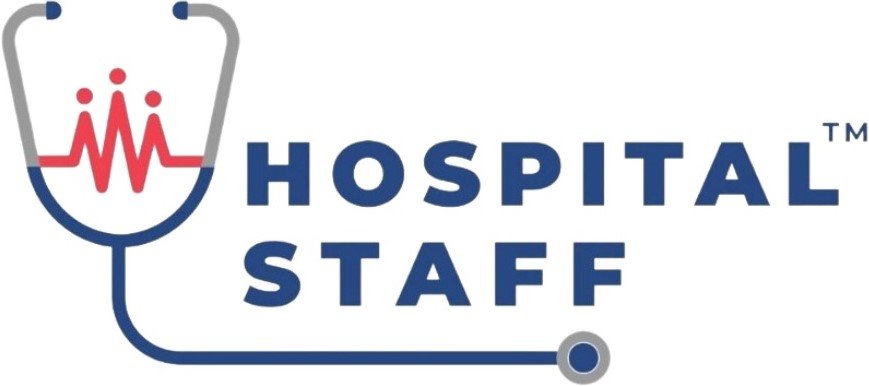The hospital’s face is its receptionist. Acquiring hospital receptionist jobs can be facilitated by receiving quality training from reputable institutions, along with additional experience in customer service and administrative roles. You can increase your chances of getting hired by customizing your resume to reflect your administrative and customer service skills as well as relevant experience. Let’s take a closer look at the hospital receptionist.
The hospital receptionist serves as the institution’s face and is more than just a regular employee. Receptionists often make the initial impression on patients and other visitors to the hospital; therefore, they must have pleasant and friendly faces. The receptionist needs to possess a lot of other crucial skills in addition to this one. Therefore, professionalism, empathy, and efficiency are required for positions as hospital receptionists.
Among the many workers in a hospital, the receptionist deals with a patient’s first interaction; how they handle it can have a big impact on how the patient feels about the facility. The hospital needs the receptionist’s soft skills—being personable, polite, and having great interpersonal skills—to foster a positive perception of the institution quickly. Receptionists also contribute to a more upbeat and encouraging atmosphere overall. We’ll talk about the responsibilities of hospital receptionists and how to work in the field further in this blog.
Responsibilities of a hospital receptionist

Similar to other medical staff members, hospital receptionists also have specific job duties and responsibilities. Some of these duties include greeting pharmaceutical representatives and other vendors both in person and over the phone, as well as responding to questions from patients. Setting up patient appointments, keeping track of patient accounts and records, assisting patients with filling out medical forms, ensuring that they understand doctor notes, fixing bills and specimen labels, maintaining the receptionist area’s insurance information, processing various patient payments, answering multiple lines, and transferring costs to departments are all part of your job description. These are a few of the obligations and tasks that a hospital receptionist must fulfill.
Key Skills of Hospital Receptionist
The key component here is skills since they can propel you to new heights in hospital receptionist careers. These are some of the essential abilities needed to succeed as a hospital receptionist.
To deal with patients, their families, and other medical professionals, you should be proficient in both written and verbal communication. Then, one should be able to handle several tasks at once, such as making appointments, handling paperwork, and keeping records. Another factor is accuracy, which is crucial for storing patient information, scheduling appointments, and minimizing mistakes to guarantee that medical staff members are working efficiently.
Problem-solving skills are essential for ensuring that patients and hospital personnel have a great experience, whether it is with scheduling difficulties or patient information. You must be able to take on challenges with ease and find rapid solutions.
How to become a hospital receptionist?
Along with academic qualifications, a strong set of soft skills is necessary to work as a hospital receptionist. This is a detailed how-to guide for working as a hospital receptionist.
You must first complete your secondary education. While it is not necessary to finish it in the science stream, it is the best and most recommended option. After that, you must earn a bachelor’s degree in any field here. BA in English, or BBA, is the most preferred. After that, to be eligible for a medical receptionist position, you must finish the diploma courses. The ideal option might be a pharmacy diploma or a certificate program in the front office and billing for hospital management or medical administration.
After finishing the classes, you ought to get some experience and acquire some important abilities. Take a look at the entry-level jobs available at many medical offices. Once you gain some experience, you may be able to apply for better positions at larger, more prestigious healthcare facilities. However, when you do so, be prepared to show that you understand how hospitals operate and tailor your resume to fit the needs of the organization.
Conclusion
Achieving heights in hospital receptionist careers requires a good set of skills. These jobs also offer an exciting and rewarding chance for people who want to work in the healthcare sector. This role is critical to a hospital’s smooth running since it emphasizes emergency response, administrative assistance, and patient involvement. You may position yourself for success in this significant role by obtaining the necessary training, experience, and skills.
Regardless of your career stage, being aware of the responsibilities and requirements of a hospital receptionist can help you land and succeed in this position. If you wish to work as a hospital receptionist, you should stay updated on job openings and staffing needs for medical professionals on the website. Hospital Staff is one website that posts job openings for workers in a hospital regularly.

